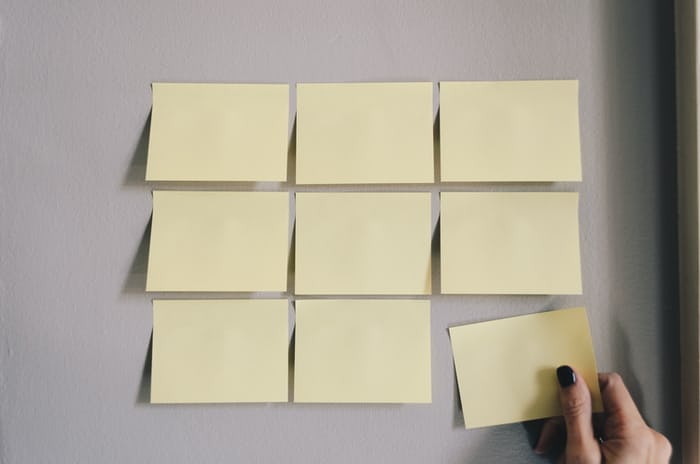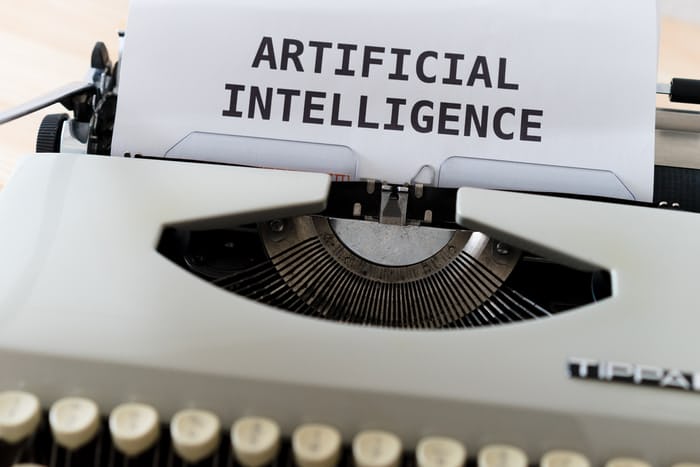Blockchain technology has become increasingly popular in recent years, with many companies adopting it to improve their operations and provide better customer services.
Blockchain developers are in high demand, and this guide will provide you with valuable insights and practical advice to help you become a successful blockchain developer.
What is blockchain technology?
Blockchain is a distributed ledger technology that is decentralized, meaning it does not have lacks central authority.
It is a digital ledger that stores information in blocks that are interlinked in a chain. Each block contains information, and once it is added to the chain, it cannot be altered or deleted.
Blockchain technology is used in a wide range of applications, including cryptocurrency, supply chain management, identity verification, voting systems, and more.
The technology provides a high level of security, transparency, and immutability, making it a reliable and efficient way to store and transfer data.
What does a blockchain developer do?
A blockchain developer is responsible for creating and maintaining blockchain applications.
They work with different blockchain platforms, such as Ethereum, Hyperledger, and Corda, and develop smart contracts, decentralized applications, and other blockchain-based solutions.
A blockchain developer should be well-versed in blockchain technology, cryptography, and programming languages. They should also have experience working with distributed systems, data structures, and algorithms.
Blockchain Developer Skills
Technical Skills
- Programming languages: Proficiency in languages like JavaScript, Python, C++, and Solidity is essential.
- Cryptography: Understanding cryptographic algorithms and their applications in the blockchain.
- Data structures: Knowledge of data structures like linked lists, hash maps, and Merkle trees.
- Networking: Familiarity with peer-to-peer networks and distributed systems.
- Smart contracts: Experience with Ethereum and Solidity to develop smart contracts.
- Web development: Proficiency in HTML, CSS, and JavaScript for developing user interfaces.
Soft Skills
- Problem-solving: Ability to analyze complex problems and develop effective solutions.
- Communication: Strong written and verbal communication skills for collaborating with team members.
- Adaptability: Willingness to learn and adapt to new technologies and tools.
- Critical thinking: Ability to evaluate information and make informed decisions.
Educational Background and Certifications
Bachelor's Degree
A bachelor's degree in computer science, information technology, or a related field is a common requirement for blockchain developer positions. Some universities in India now offer specialized courses in blockchain technology as part of their curriculum.
Master's Degree
Pursuing a master's degree in blockchain technology or a related field can further enhance your knowledge and career prospects. Some universities in India and abroad offer specialized master's programs in this domain.
Online Courses and Certifications
Several online platforms offer blockchain development courses and certifications, such as:
- Coursera
- Udacity
- Edureka
- Simplilearn
- Blockchain Council
These courses can help you gain the skills and knowledge required to become a successful blockchain developer.
Building Your Blockchain Developer Portfolio
Creating a portfolio of your blockchain projects is crucial for showcasing your skills and expertise to potential employers. Some ways to build your portfolio include:
- Developing personal projects using blockchain technology.
- Contributing to open-source blockchain projects.
- Participating in hackathons and coding competitions.
Job Opportunities for Blockchain Developers in India
Job Roles
Some common job roles for blockchain developers in India include:
- Blockchain Architect: A blockchain architect designs and manages the development of blockchain-based systems by leveraging their expertise in cryptography, distributed systems, and blockchain technology.
They ensure the secure and decentralized operation of blockchain networks, collaborate with stakeholders, and keep up with emerging technologies and industry trends. - Smart Contract Developer: A smart contract developer is responsible for designing and coding self-executing contracts that run on blockchain networks.
They use programming languages like Solidity to create automated, decentralized, and transparent agreements that enforce the terms and conditions of a contract without the need for intermediaries. - DApp Developer (Decentralized Applications): A DApp developer designs and develops decentralized applications that run on blockchain networks.
They leverage blockchain features like decentralization, immutability, and security to create applications that are transparent, secure, and trustless.
They use programming languages like Solidity, JavaScript, and others to build DApps for various use cases like finance, gaming, and more.
Top Companies Hiring Blockchain Developers
Several leading companies and startups in India are actively hiring blockchain developers, such as:
Also, check out Blockchain developer jobs on Naukri.
Salary Expectations
The average salary for a blockchain developer in India ranges from INR 5-7 lakhs per annum for entry-level positions, while experienced developers can earn up to INR 20-30 lakhs per annum.
Remember that the blockchain industry is still in its early stages and there's a lot of potential for innovation and growth.
By keeping up with the latest trends and technologies, you can position yourself as a valuable blockchain developer and advance your career in this exciting field.
Conclusion
In conclusion, Blockchain technology has revolutionized the way we think about data and transactions.
Its decentralized and secure nature has the potential to disrupt various industries, from finance and supply chain management to healthcare and social media.
As a result, there is a growing demand for skilled Blockchain developers who can build and maintain these complex systems.
By following the steps outlined above, aspiring developers can acquire the necessary skills and knowledge to embark on a successful career in this exciting field.
With the constant evolution of Blockchain technology, developers must continue to learn and stay up to date with the latest trends to remain competitive and relevant.







